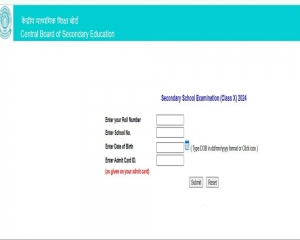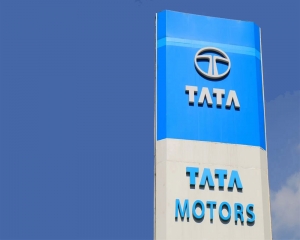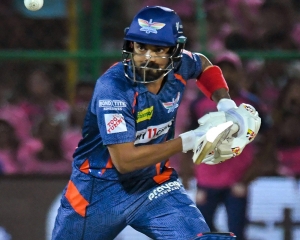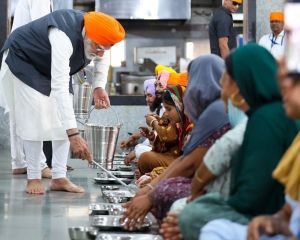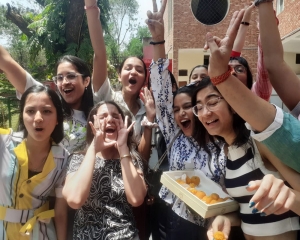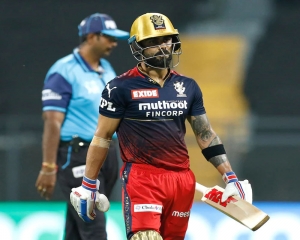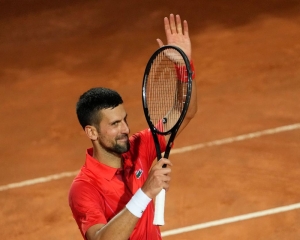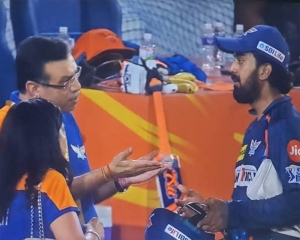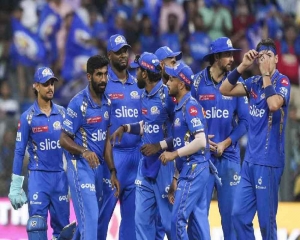Amid the buzz around the daily spice in news, we lose sight of something rudimentary and crucial to our existence and survival, that is, ‘water crisis’. Last year, a BBC report claimed around 600 million Indians living in the brink of acute water crisis. The agency substantiated the claim by quoting a NITI Ayog report which asserted that the crisis was to further worsen.
The report says as cities and towns grow, the pressure on urban water resources is expected to increase. The report estimates that demand will be twice as much as available supply by 2030. Water scarcity would also account for a 6 per cent loss in India's gross domestic product (GDP), it adds. An argument is gaining grounds to put forth a legislation asserting and ensuring right to safe drinking water with adequate tentacles of enforcement, so that this basic human right is in the platter of the poorest of the poor.
However, there is an inherent but robust constitutional mandate and a series of official proclamations to this effect, but unfortunately, we have not succeeded in making safe drinking water accessible to everyone as a matter of right, which is yet a distant dream.
On July 28, 2010, through Resolution 64/292, the United Nations General Assembly explicitly recognized the human right to water and sanitation and acknowledged that clean drinking water and sanitation are essential to the realisation of all human rights. During the adoption of this resolution, it also voiced deep concern about around 900 million people having no access to safe drinking water. In November, 2002, the Committee on Economic, Social and Cultural Rights adopted General Comment No. 15 on the right to water. Article I.1 of the General Comment states that, "The human right to water is indispensable for leading a life in human dignity. It is a prerequisite for the realization of other human rights". Comment No. 15 also defined the right to water as the right of everyone to sufficient, safe, acceptable and physically accessible and affordable water for personal and domestic uses.
Right to safe drinking water is an inalienable right of man. In Subhas Kumar v. State of Bihar, it has been held that right to safe drinking water has constitutional mandate and comes under right to life. Further, in 2002, the Supreme Court validated the Sardar Sarovar dam project on Narmada in 2000 interpreting the Right to Life article as Right to Water. It said, “Water is the basic need for the survival of human beings and is part of the Right to Life and human right as enshrined in Article 21 of the Constitution of India and can be served only by providing source of water where there is none.” Besides, in 2004, while giving a verdict on a PIL on fast depletion of groundwater in Delhi, the apex court ruled that groundwater is a social asset. It further said that people have the right to use air, water and earth interpreting the Article 21. It even observed that in ground water use, domestic and irrigation needs must be prioritized. Apart from expanding the content of the Right to Life as including the Right to Water, the court has, in the context of water pollution, mandated the cleaning up of water sources including rivers (as held in MC Mehta v. Union of India), the coastline ( as held in S Jagannath v. Union of India and even tanks and wells (as held in Hinch Lal Tiwari v. Kamala Devi.
The concern over pollution of groundwater by unregulated discharge of effluents has led the court to issue mandatory directions for clean up by the polluter and restitution of the soil and groundwater. The court in AP Pollution Control Board v. Prof MV Nayudu has also applied the ‘precautionary principle’ to prevent the potential pollution of drinking water sources consequent upon the setting up industries in their vicinity. Various judicial pronouncements have recognized that, water is a community source which is to be held by the State in public trust in recognition of its duty to respect the principle of inter-generational equity.
In MC Mehta v. Kamal Nath, the court declared that ‘our legal system is based on English common law, which includes the public trust doctrine as part of its jurisprudence. The State is the trustee of all natural resources which are by nature meant for public use and enjoyment. Public at large is the beneficiary of the seashore, running waters, air, forests and ecologically fragile lands. The State as a trustee is under a legal duty to protect the natural resources. These resources meant for public use cannot be converted into private ownership.’
It is apt quoting Henri Smets of French Water Academy as, ‘When disasters strike, victims receive medical care, drinking water, food, and shelter in priority. Everyone agrees that medical care, food, and housing are economic and social rights that everyone should have, yet many still question the nature of access to water. Can one doubt the existence of a right to water today? Can one reasonably exclude water from the list of essential goods and services? The right to water reflects an undeniable reality; without water, there is no life. If the right to food exists, the right to water must also exist.’
It is a hard-felt demand that right to safe drinking water should be put in as a separate fundamental right and, accountability of State as trustee of water resources should lead to implementation of a stringent constitutional order so as to make access to safe and clean drinking water a reality across economic and social barriers.
(The writer is a lawyer and can be reached at sjyotiranjan3@gmail.com)













